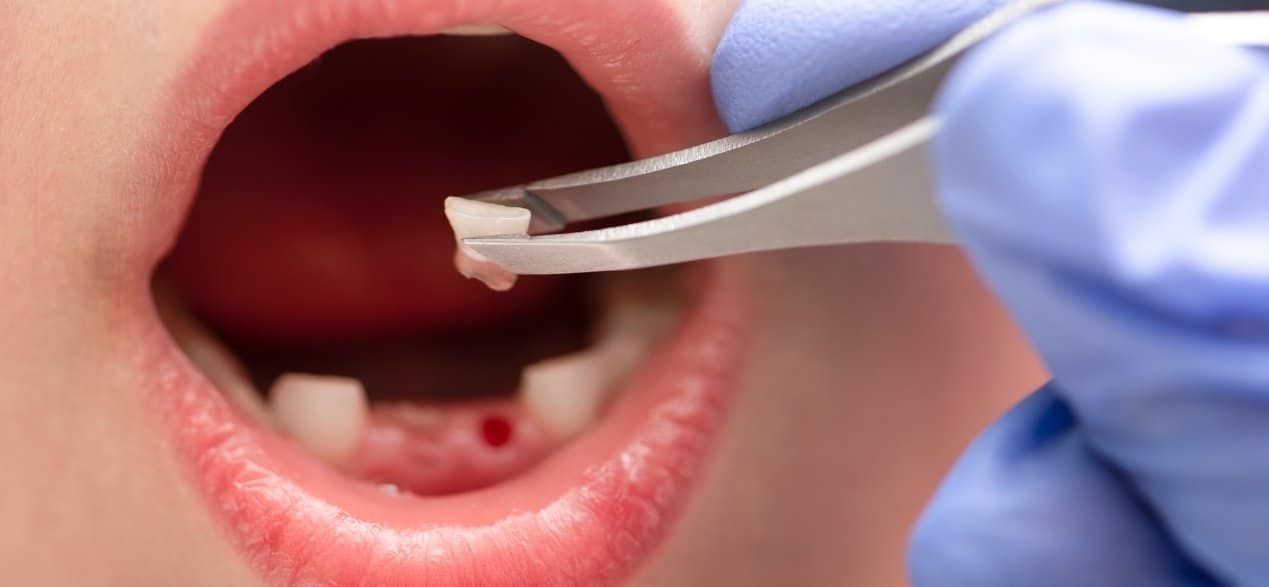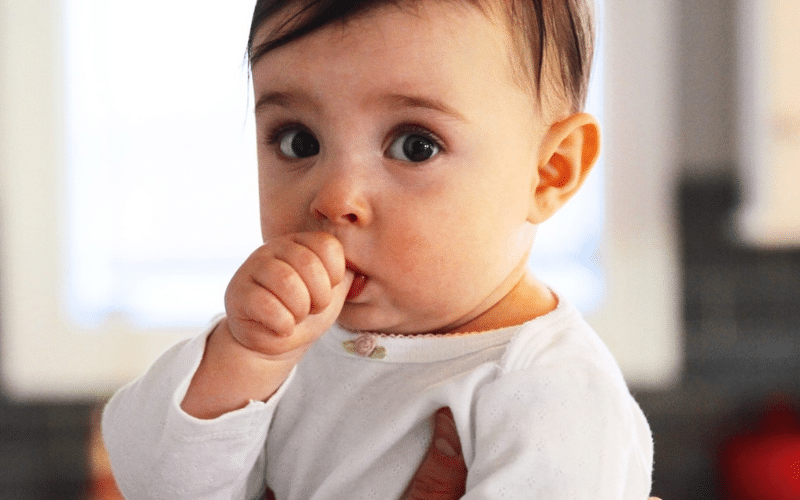Book now

Why Does Every Parent in Tinley Park Need to Know About Delayed Tooth Shedding?

Why Does Every Parent in Tinley Park Need to Know About Delayed Tooth Shedding?
Did you know that some children in Tinley Park may experience delayed tooth shedding, which could be more common than you think? While most kids lose their baby teeth between ages 6 and 12, delayed tooth shedding can occur, leaving parents uncertain whether it’s a normal part of development. Understanding the reasons behind delayed tooth shedding is crucial for parents who want to ensure their child’s dental health is on track.
This topic is important because delayed tooth shedding can sometimes indicate an underlying issue. Parents in Tinley Park need to know the signs when to worry, and what steps to take if their child experiences this.
This blog will cover the typical timeline for tooth shedding, why it can be delayed, and how to recognize when intervention is necessary. By the end, you’ll clearly understand how to approach delayed tooth shedding and ensure your child’s healthy smile.
What Is Tooth Shedding and When Does It Normally Happen?
Tooth shedding is the natural process by which children lose their baby teeth to make room for adult teeth. This typically begins around age 6, when the first set of baby teeth loosen and fall out. Adult teeth emerge as these baby teeth fall out, usually starting with the two bottom front teeth, followed by the top ones.
The typical timeline for tooth shedding spans from ages 6 to 12, with most children losing their first tooth around age 6 and finishing the process by age 12. During this time, kids may feel discomfort as teeth loosen and fall out, but it’s a normal part of growth.
The timing of tooth shedding is crucial for a child’s dental health. If teeth fall out too early or too late, it could affect how adult teeth grow. If the process is delayed, adult teeth may not emerge correctly, leading to misalignment or overcrowding. Parents should be aware of the typical timeline and pay attention to their child’s progress to ensure a smooth transition from baby teeth to adult teeth.
What Is Delayed Tooth Shedding?
Delayed tooth shedding occurs when a child’s baby teeth fail to fall out according to the typical timeline. While some variation is normal, significant delays can be a concern. If a child’s baby teeth do not loosen by age 7 or 8, it may be classified as delayed tooth shedding. This delay can sometimes signal an issue with developing adult teeth or other health-related problems.
Common causes of delayed tooth shedding include:
- Genetic factors: A family history of late tooth shedding can make delays more likely.
- Health or developmental conditions: Hormonal imbalances, metabolic disorders, or other conditions can interfere with tooth shedding. For instance, certain medical conditions, like hypothyroidism, can slow the eruption of adult teeth.
- Environmental factors: Poor nutrition or lifestyle habits can affect baby and adult teeth development. A lack of calcium and vitamin D in a child’s diet can contribute to delayed shedding.
Although delayed tooth shedding is not always a sign of a serious problem, understanding the potential causes can help parents decide when to consult a pediatric dentist for further evaluation.
Why Is Delayed Tooth Shedding a Concern for Parents?
Delayed tooth shedding can cause several potential issues, especially if you need to address them. First and foremost, it may affect the development of adult teeth.
If a baby tooth stays in place for too long, it could block the emergence of adult teeth, leading to misalignment, overcrowding, or tooth impaction. Misalignment can require expensive orthodontic treatment later on, and overcrowding can cause difficulty with brushing and flossing, leading to tooth decay or gum disease.
There may also be underlying health issues contributing to the delay. Delayed tooth shedding could be a sign of hormonal imbalances or metabolic concerns. Conditions like hypothyroidism or other developmental delays can interfere with the natural shedding process. Parents need to monitor their child’s dental health to identify and treat these issues early.
Ignoring delayed tooth shedding can lead to anxiety for both parents and children. Parents may feel stressed about the uncertainty, while children may feel embarrassed if their peers lose teeth faster. Early intervention by a pediatric dentist in Tinley Park can provide clarity and a treatment plan that ensures healthy teeth and a smooth transition to adult teeth.
How Can Parents Identify If Delayed Shedding Is a Problem?
Parents can face difficulty in knowing if their child’s tooth shedding is delayed. However, there are some signs to watch for that can indicate a problem. If your child’s baby teeth have not started loosening by age 7 or 8, it may be time to consult a pediatric dentist. Children with baby teeth at age 9 or 10 should also be monitored closely, as delayed shedding could interfere with adult teeth emerging.
Another sign to watch for is persistent baby teeth that do not fall out despite new adult teeth pushing through the gums. This can cause discomfort and may result in crowded or misaligned teeth. If a baby’s tooth remains in place longer than expected, it can also impact how adult teeth grow, making them emerge crooked or out of alignment.
If you notice any of these signs, scheduling a visit with a pediatric dentist is a good idea. A pediatric dentist can assess the situation, determine whether there’s an underlying issue, and recommend next steps, such as an X-ray or monitoring the teeth over time. Early detection can help prevent complications later on.
What Steps Should Parents Take If Their Child Is Experiencing Delayed Tooth Shedding?
If your child is experiencing delayed tooth shedding, it’s important to take action promptly. The first step is to consult a pediatric dentist. A pediatric dentist specializes in children’s dental health and can evaluate the situation, determining whether the delay is due to natural variation or an underlying health condition.
Regular dental check-ups are essential for monitoring your child’s tooth development, even without immediate concern. A pediatric dentist can track the progress of tooth shedding and offer guidance on any needed intervention. These check-ups also help identify any potential issues with adult teeth that may not be visible yet.
In some cases, your pediatric dentist may recommend treatments like space maintainers, which help ensure enough room for adult teeth to grow in. If misalignment or overcrowding is a concern, orthodontic care may be necessary. Whatever the situation, staying on top of dental visits will ensure that your child’s teeth develop properly.
Delayed tooth shedding is something every parent in Tinley Park should understand. It can affect your child’s dental development and signal an underlying health issue. By recognizing the signs and consulting a pediatric dentist early, you can ensure that your child’s dental health stays on track.
If you’re concerned about your child’s tooth shedding, don’t wait. Make an appointment with our pediatric dentists to discuss your concerns and get professional advice. Early intervention is key to preventing long-term dental issues and ensuring your child’s smile remains healthy and bright.







